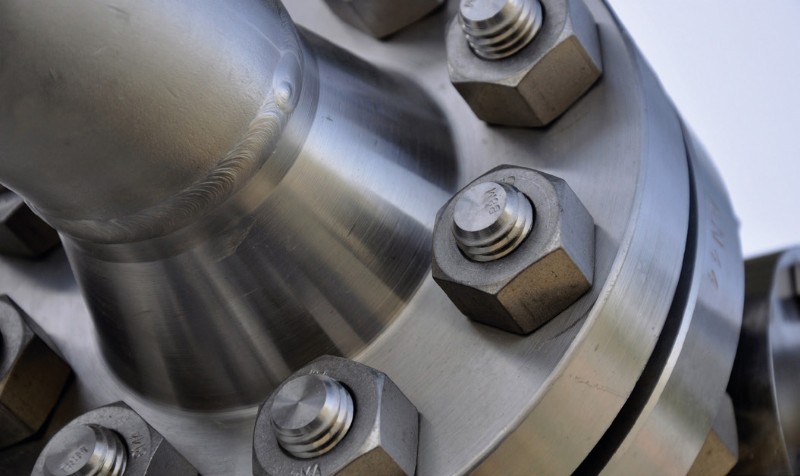ERIKS UK’s Top 10 Tips: Selecting the Right Gasket

Garry Wakeling, Industrial Sealing Manager at ERIKS UK offers their top 10 tips for selecting the right gasket and avoiding contamination entering the production line.
1. Value your gaskets.
The importance of gaskets in manufacturing and process operations is often undervalued, yet they provide an essential seal that prevents leakage and contaminants entering a piece of equipment. Gaskets should be carefully specified to ensure plant safety is maintained, damage to equipment is prevented, and potential downtime - and its associated costs - are kept to a minimum.
2. Establish the correct specification.
In order to correctly specify a gasket for its application, important criteria such as chemical, temperature or mechanical compatibility need to be considered. Failure often arises when these elements are overlooked, leading to gasket material, shape or thickness being incorrectly specified.
3. Consider the temperature of the application.
During the specification process, it is essential that the application’s operational temperature is considered. Gaskets become brittle at low temperature, leading to a lack of flexibility in the seal which can ultimately lead to ingress or contamination.
4. In high temperature applications, consider graphite.
Finding a gasket suitable for higher process temperatures can be a difficult task. Graphite is an ideal solution as it offers a robust resistance to high temperatures, limiting the threat of ingress.
5. In hygiene-critical applications, consider PTFE.
The issue of chemical contact is especially critical within the food processing and pharmaceutical industries, where process substances can rapidly degrade gasket materials that are not compatible with the application. However, a range of chemicalresistant gaskets are now available using materials such as PTFE, which can result in exceptionally resilient gaskets.
6. Get custom-cut gaskets fast with CAD/CAM services.
Today's state-of-the-art cutting systems use CAD/CAM to deliver fast results to a range of specifications and can cut custom-sized components without transferring contaminants to the gasket. This increases wider gasket availability and reduces unnecessary downtime in machinery overhauls.
7. Gaskets can be over-specified as well as under-specified.
There is a tendency for end-users to over-specify unnecessarily expensive gaskets. Sometimes a simple gasket is perfectly adequate for the application and offers a cost-effective solution, which is good news when a plant often requires the cutting of thousands of gaskets. However, it is also important to ensure that gaskets are not underspecified in an attempt to cut costs, as any potential downtime could cost the end-user much more than if they’d fitted the correct gasket in the first place.
8. Consult an expert supplier.
When it comes to selecting the right gasket for your application, the best option is always to consult the experts. An expert in gasket technology will be able to establish your specification needs and see whether the performance requirements of your application can be met by a simple, inexpensive gasket, or whether more advanced materials are needed.
9. Make cost savings by rolling out new specifications plant-wide.
If you establish that current components across your plant have been over-specified, one option may be to implement a planned reduction of gasket quality. This can help to limit any continued unnecessary expense, whilst also ensuring that components are also not underspecified.
10. Time spent reviewing gaskets will bring measurable ROI.
It pays to take expert advice and specify the right solution, especially when you consider the costly results of wastage and downtime that occur when contamination enters the production line. Taking the time to make the correct gasket selection, and to prepare the flanges and fit the gasket, will provide invaluable savings within the manufacturing process and bring measurable ROI.
Tel: +44 (0)1925 883 950
Fax: +44 (0)1925 830 843
Web: www.eriks.co.uk

| Telephone: | 0116 272 7300 |
| Email: | Chris.Dixon@eriks.co.uk |
| Website: | https://eriks.co.uk/en/ |
| More information on the Eriks Industrial Services Ltd BVAA Member Directory Page |
Search related valve / actuator articles: Eriks Industrial Services LtdIssue 37Gaskets







-web.jpg)





